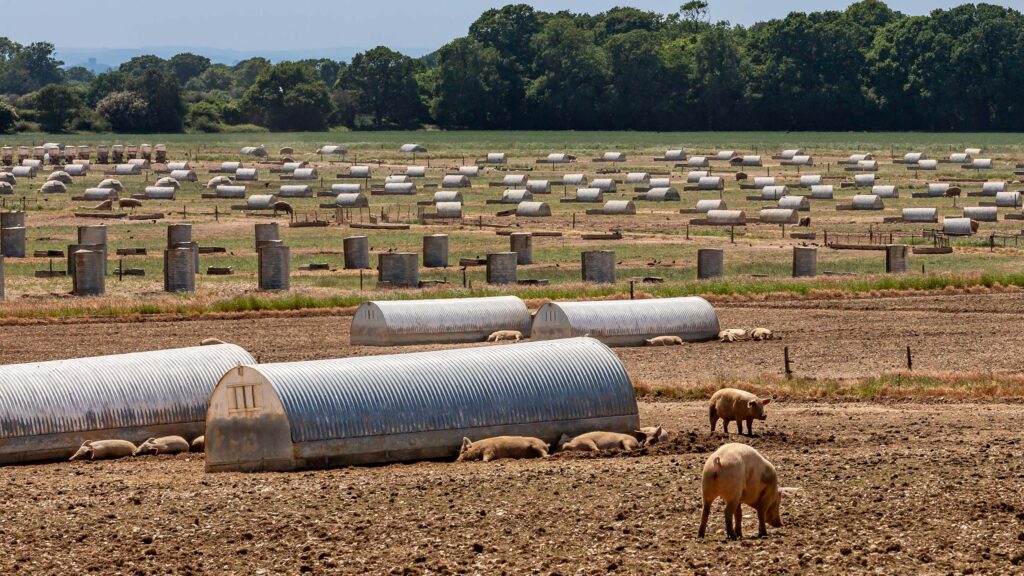NPA complains to BBC over James Rebanks podcast clip
 © Adobe Stock
© Adobe Stock A dispute has emerged after comments made by farmer and author James Rebanks on a BBC Radio 4 podcast prompted a formal complaint from the National Pig Association (NPA), which said his claims inaccurately portrayed the scale and regulation of UK pig farming.
The controversy followed the circulation of a clip from the podcast Radical with Amol Rajan, in which Mr Rebanks said: “There are something like four or five pig farms in Britain that produce 90% of our stuff, so 100,000 pigs isn’t a big pig farm anymore. It doesn’t get you in that top five.”
He added: “You are not in the game unless you have 100,000 pigs as you can’t buy food as cheap,” and “This is a huge industrial enterprise.”
See also: Poultry firm fined £50k over unguarded feeder death
The NPA said it had written to the BBC “to highlight the inaccurate information that it portrays and to register our formal complaint”.
It stated: “It is simply erroneous to suggest there are any farms in the UK anywhere close to having 100,000 pigs on them. During the interview, James Rebanks wrongly conflates pig ownership and the size of pig farms/holdings.”
Citing government data, the NPA said the average UK pig holding had 476 pigs, or 938 once holdings of fewer than 10 pigs were excluded.
Average female breeding herd sizes were reported as 71 sows, or 154 after excluding holdings with fewer than five pigs.
The association also said it stressed to the BBC that the pig and poultry sectors “are both highly regulated sectors”, noting that English farms with 2,000 production pig places or 750 sow places required an environmental permit enforced by the Environment Agency.
The NPA added that the BBC’s decision to promote the clip had “further spread this inaccurate information” and said it had asked the broadcaster to remove the clip and issue a correction.
Responding to the reaction to his remarks, Mr Rebanks posted on X: “I’m being told off for a clumsy example I tried to give on the Radical Podcast and which became a standalone clip.
“I wasn’t trying to denigrate pig farmers, who I genuinely have a lot of respect for… They are doing what they have to do in a tough situation.”
Mr Rebanks apologised for any confusion and said “there was no intention to mislead”.
However, he stood by his remarks concerning the tendency of pig and poultry farms to “scale up” and the fact this could lead to a concentration of nutrients which can lead to diffuse pollution.

